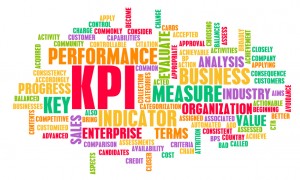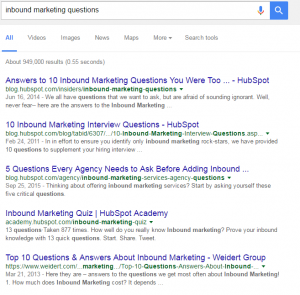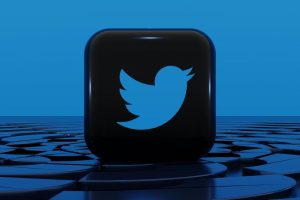
It’s been six years since psychologist and University of Pennsylvania Professor Angela Duckworth published her bestseller Grit: The Power of Passion and Perseverance. After more than two years of behavioral and societal shifts that have drastically altered cultural values around work and achievement (see: the Great Resignation), Duckworth discusses Grit in hindsight in the first episode of The Next Chapter, a new podcast created for the American Express Business Class platform in partnership with the New York Times Advertising’s T Brand Studio, out today.
In the audio series, host Cardiff Garcia interviews prominent authors and thought leaders—including Duckworth, Wharton professor Adam Grant, and Malcolm Gladwell—asking them to revisit their most well-known books, and posing the question: “If you were to write the next chapter of your book, what would it be about?”
For Duckworth, the tenets of Grit still hold true—that high-achievers are people who not only possess passion, but who also persevere. But, especially in these post-pandemic years, finding passion, or a directional focus, an be difficult and confusing. “For many of us, work ethic, getting feedback, practicing things we can’t yet do, being resilient—all that is easier than knowing what to be persevering about,” she says.
Over the past year, Duckworth says she’s received countless calls and messages from business leaders and executives seeking answers to why even their best—their “grittiest”—employees are burned out and leaving the workforce. The answer, she says, may be despair.
“When someone is super-gritty, it’s because they’re pursuing something they really love and they actually feel there’s hope to make progress on [it],” Duckworth says. “One reason people might be burning out right now is that, for whatever reasons, there is some erosion of that hope that the future is bright for what they’re doing.”
As a result of this loss of morale, workers want to retire, change their jobs, take on easier roles, or scale back, she says. This massive shift is a trend that has been playing out in the job market for well over a year now, with no end in sight.
“The lesson in the pandemic is that if we want to be grittier or if we want to understand how to make other people grittier, there has to be some valid sense of hope for that person—that what they’re doing is going to be enough and that the future has some reason to believe that it’s brighter,” Duckworth says.
For employers, Duckworth and Garcia explain three key takeaways that can help build a stronger workplace culture and retain your best workers:
- Mentorship: Duckworth says that humans learn by modeling other people, and effective mentorship should evolve with experience levels. “When somebody is a rookie, they really need a lot of praise and encouragement,” she says. “The first psychologically wise thing organizations can do in the realm of mentorship is to… find mentors who are really positive and encouraging… As they develop expertise, their appetite for constructive criticism will increase.”
- Connect workers to a higher purpose: With nods to Viktor Frankl, author of Man’s Search for Meaning, and Abraham Maslow, father of his eponymous hierarchy of needs, Duckworth says theorists believe that the “pinnacle of human existence is to not be concerned with your own self but to be concerned with people beyond you.” In our market economy, drawing the lines between individual work and making someone else’s life easier or better can help ascribe more meaning and purpose.
- Establish a culture of grit: Humans have a basic drive to conform and fit in—so if you’re around people who are gritty, you’ll get grittier. To cultivate a grittier work environs, employers can leverage selection and development in order to change culture. “Look for evidence that somebody has demonstrated grit in their past life before they came to you,” Duckworth says. “Have a culture book—companies like Netflix and Momofuku have culture books—that states very clearly what the values are.”
Fast Company , Read Full Story
(23)









